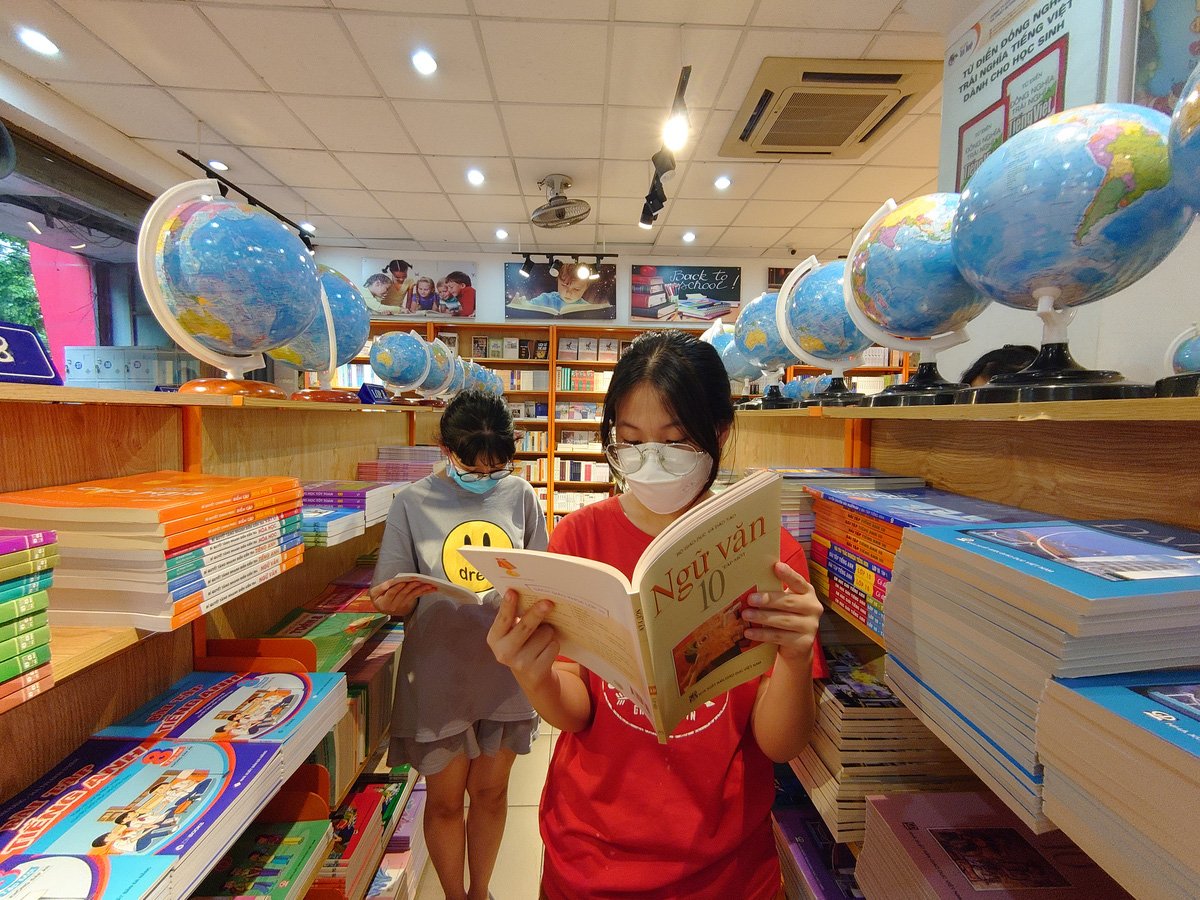
Every year, families have to spend a lot of money on buying new textbooks, especially for families with many children. Poor families have it even harder - Photo: NAM TRAN
This case is causing outrage because it involves millions of families, millions of students, because it is an area that is closely monitored and scrutinized by authorities, but there is still collusion, favoritism, and bribery...!
According to the provisions of the Law on Bidding, the Vietnam Education Publishing House is not required to comply with the Law on Bidding but can comply with a separate decision on the purchase of goods and services to ensure continuity of production and business activities.
However, before 2018, the Vietnam Education Publishing House, without issuing a separate decision, still followed the law and chose to apply the shortened competitive bidding method to organize the selection of contractors for seven packages, each worth over 1 billion VND. This violated the law. Since 2018, this unit has only followed the separately issued decision.
The mistake was in the period before 2017, but the acts of bribery and bribe taking still occurred in two stages. First of all, it must be affirmed that bribe giving and receiving is not influenced by the choice of form in selecting contractors.
But there are problems in the contractor selection process of the current textbook publishing process that have not been resolved and have become an excuse for illegal behavior to exist.
With binding regulations in contractor selection, the publishing unit needs to have a print quantity, along with a publishing plan, before opening the bid.
However, the approval and selection of textbooks during the implementation phase of the new General Education Program was prolonged, leading to a shortened time to implement the steps of selecting contractors.
Every year there is a risk of delay in providing textbooks to students. This problem is the reason why publishing units "collude" and "cut corners" with printing paper suppliers under the "cover" of ensuring that textbooks are available to students on time.
A "special mechanism" to be able to purchase materials to print textbooks with the goal of having books for children in time for the start of school is very necessary. But along with that, special management is also needed to avoid abuse.
However, when problems have not been resolved, the situation of "backstabbing" and "shortcuts" exists implicitly, the role of the Ministry of Education and Training is unclear, lacking specific regulations on controlling regular bidding and purchasing activities.
This is a loophole for individuals running affiliated units to make mistakes while problems related to the process to ensure the progress of textbook supply have not been resolved.
In the issue of textbook publishing, in addition to management, we also need to mention the role of supervision. It should be reiterated that since 2017, the issue of textbooks has always been a hot topic. Hot in the National Assembly, in many forums, meetings...
A series of issues have been raised such as new books being 3-4 times more expensive than old books, content errors, delayed releases...
According to the explanation of textbook prices of the Education Publishing House, the price of printing paper accounts for 30-40% of the textbook selling price structure. The lack of transparency in the process of selecting printing paper suppliers has an impact on book prices.
However, through monitoring, we have not yet found all the loopholes or risks. Every year, the Ministry of Education and Training requires textbook publishing units to make every effort to provide enough books for students before the new school year. But at the same time with that direction, has the Ministry put up all its barriers to prevent the abuse of "special tasks" for negative motives?
Furthermore, monitoring is also to help prevent violations from afar. Perhaps that monitoring activity is still not enough to alert the manager, in this case the Ministry of Education and Training, to fulfill all duties and responsibilities, racking their brains day and night to find and discover loopholes in the mechanism to close them.
The "scrutinizing" and monitoring are not enough to deter relevant units and individuals in the monitored field - in this case, the Education Publishing House, paper suppliers... - from doing wrong. That, if they monitor so closely, if we are not honest, one day we will be exposed...
Therefore, from this case, the lesson learned is that something must be done to prevent such upsetting incidents as the one at the Vietnam Education Publishing House, which is to strengthen and improve the quality of inspection, examination and supervision work in all fields.
Source: https://tuoitre.vn/giam-sat-va-vu-an-o-nha-xuat-ban-giao-duc-20240925080506875.htm



![[Photo] The 4th meeting of the Inter-Parliamentary Cooperation Committee between the National Assembly of Vietnam and the State Duma of Russia](https://vphoto.vietnam.vn/thumb/1200x675/vietnam/resource/IMAGE/2025/9/28/9f9e84a38675449aa9c08b391e153183)
![[Photo] High-ranking delegation of the Russian State Duma visits President Ho Chi Minh's Mausoleum](https://vphoto.vietnam.vn/thumb/1200x675/vietnam/resource/IMAGE/2025/9/28/c6dfd505d79b460a93752e48882e8f7e)
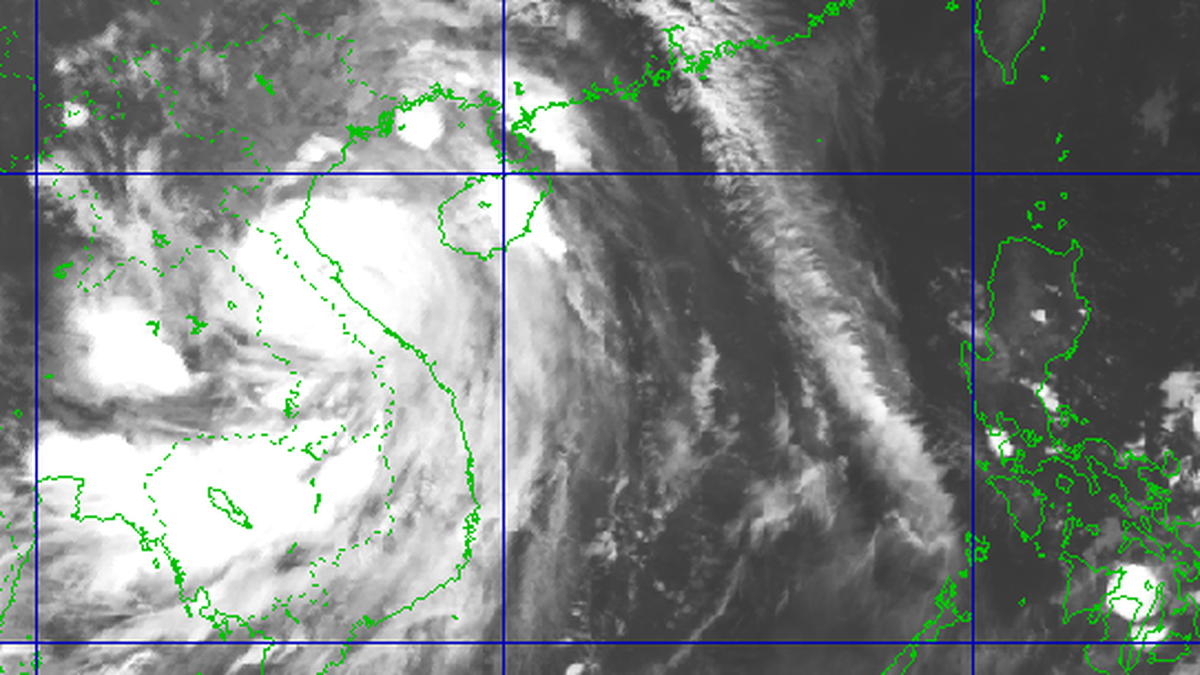

![[Photo] Joy on the new Phong Chau bridge](https://vphoto.vietnam.vn/thumb/1200x675/vietnam/resource/IMAGE/2025/9/28/b00322b29c8043fbb8b6844fdd6c78ea)


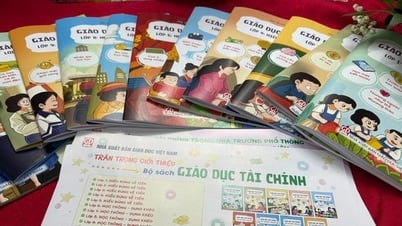



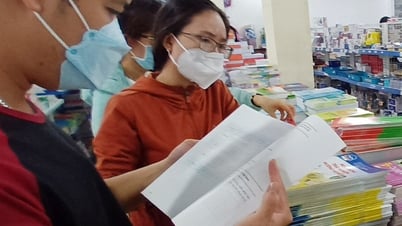

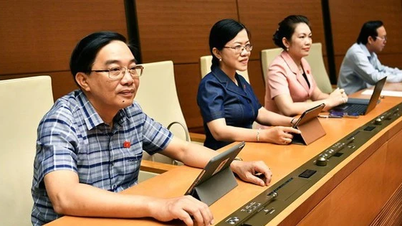





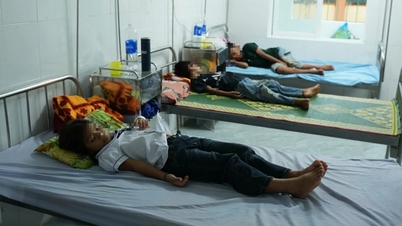






































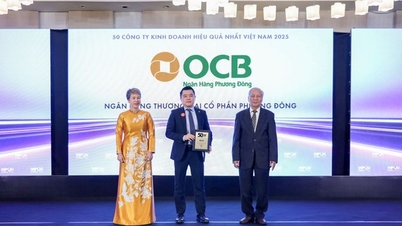


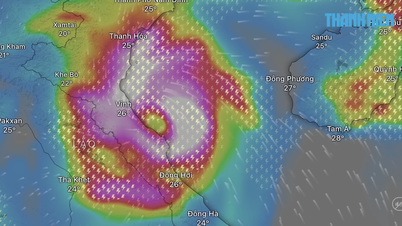
















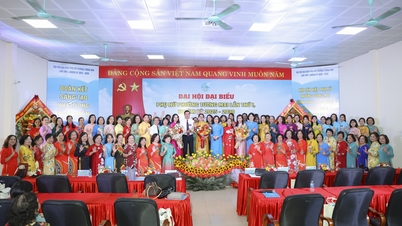















Comment (0)